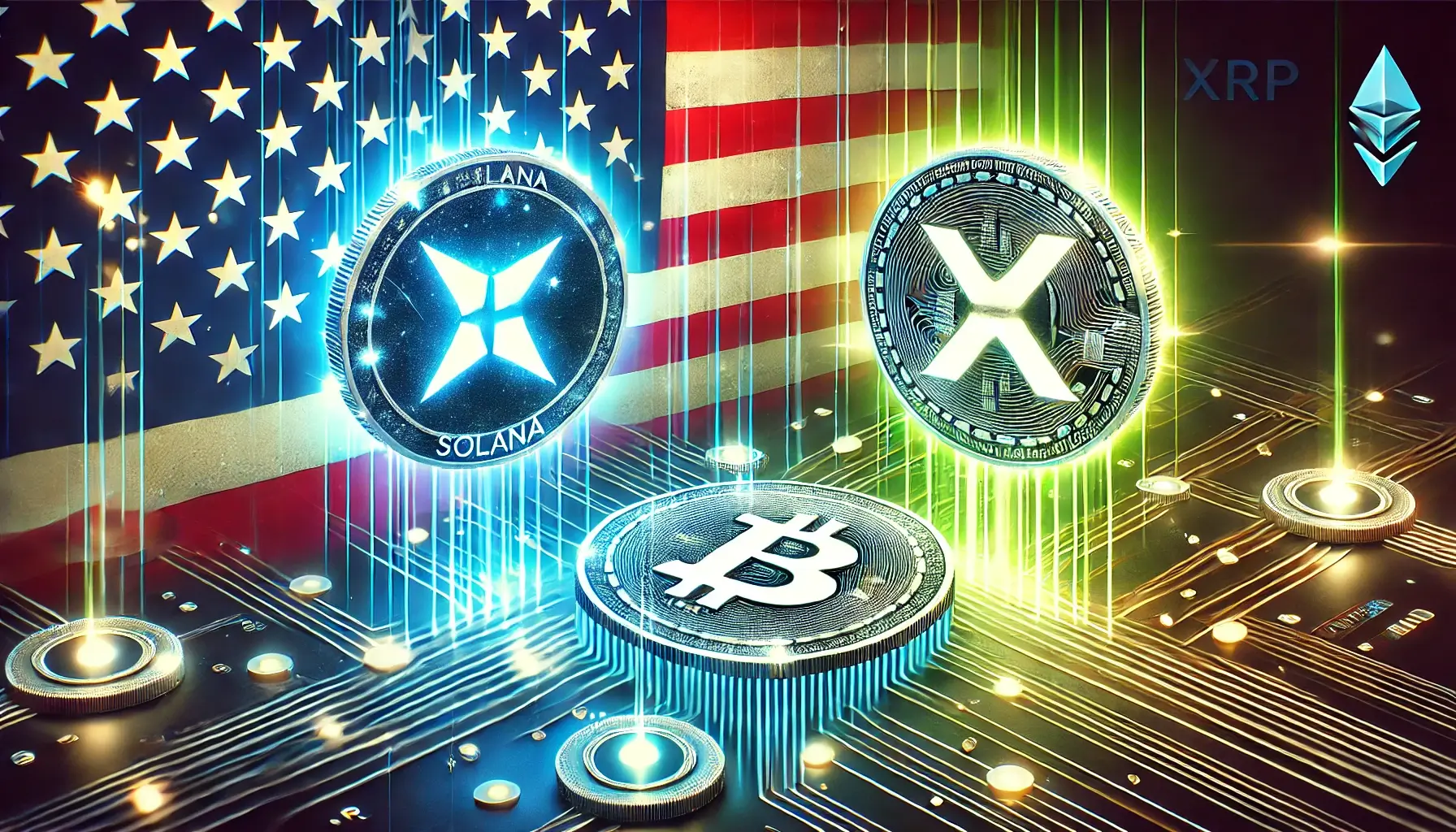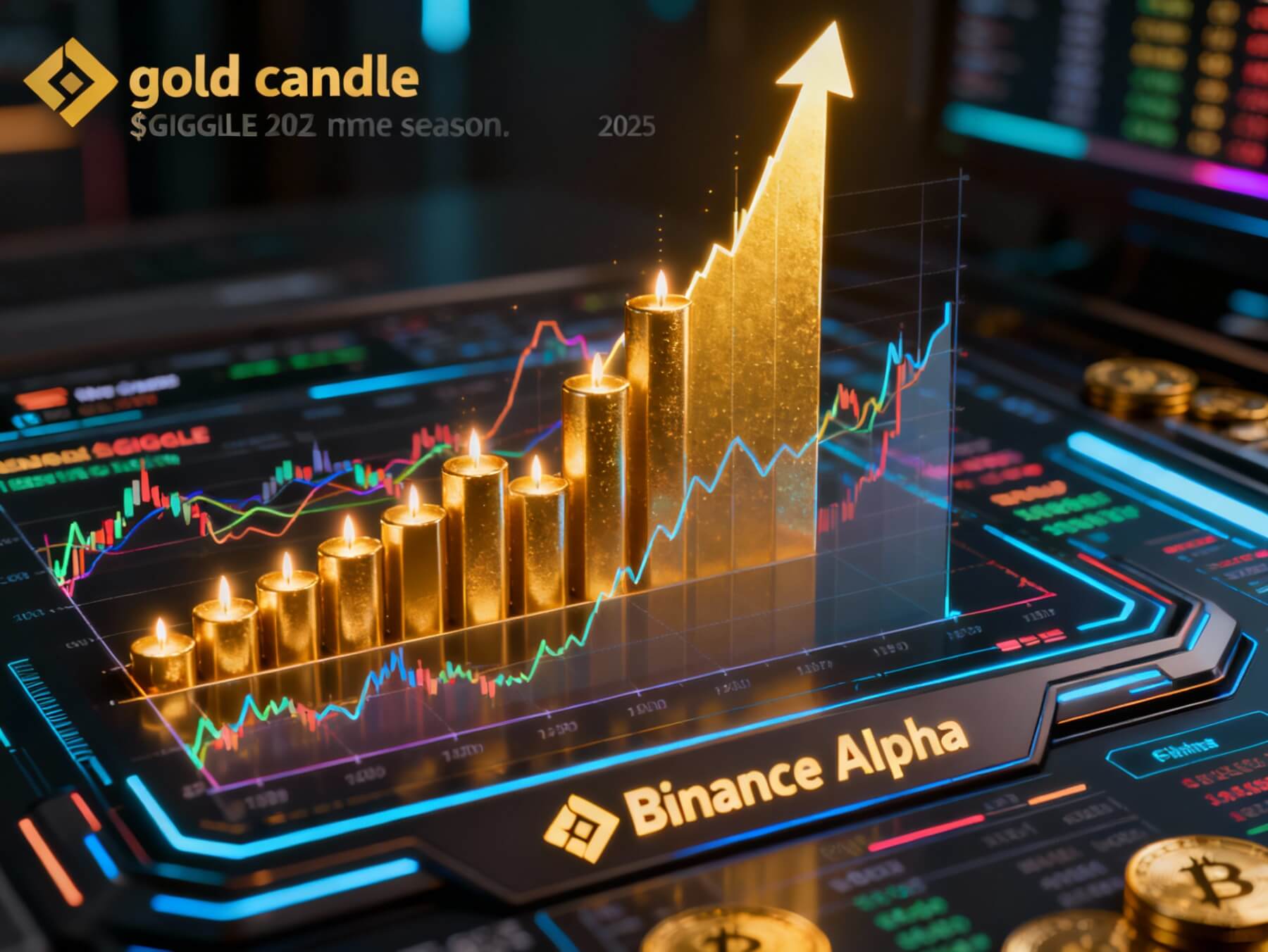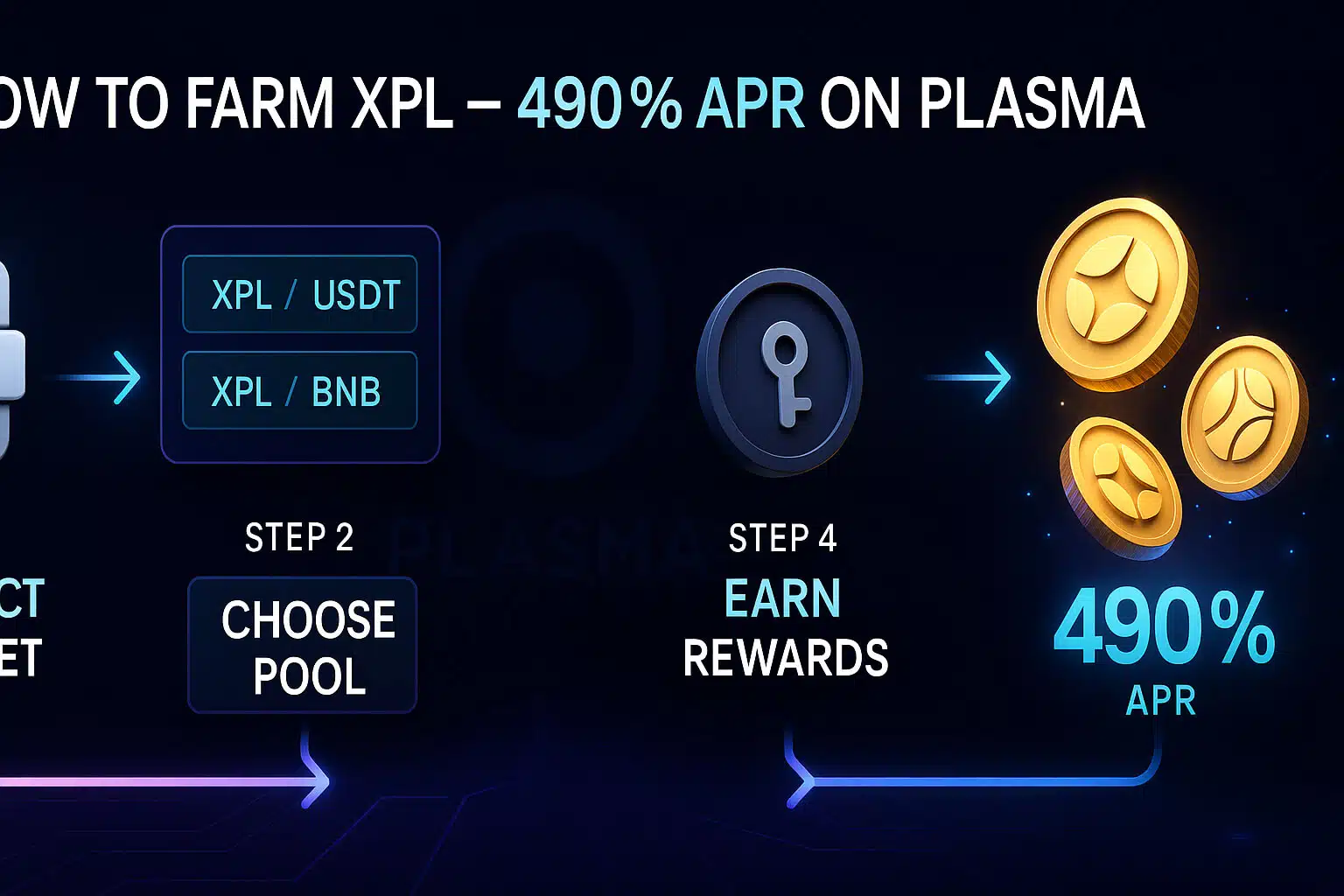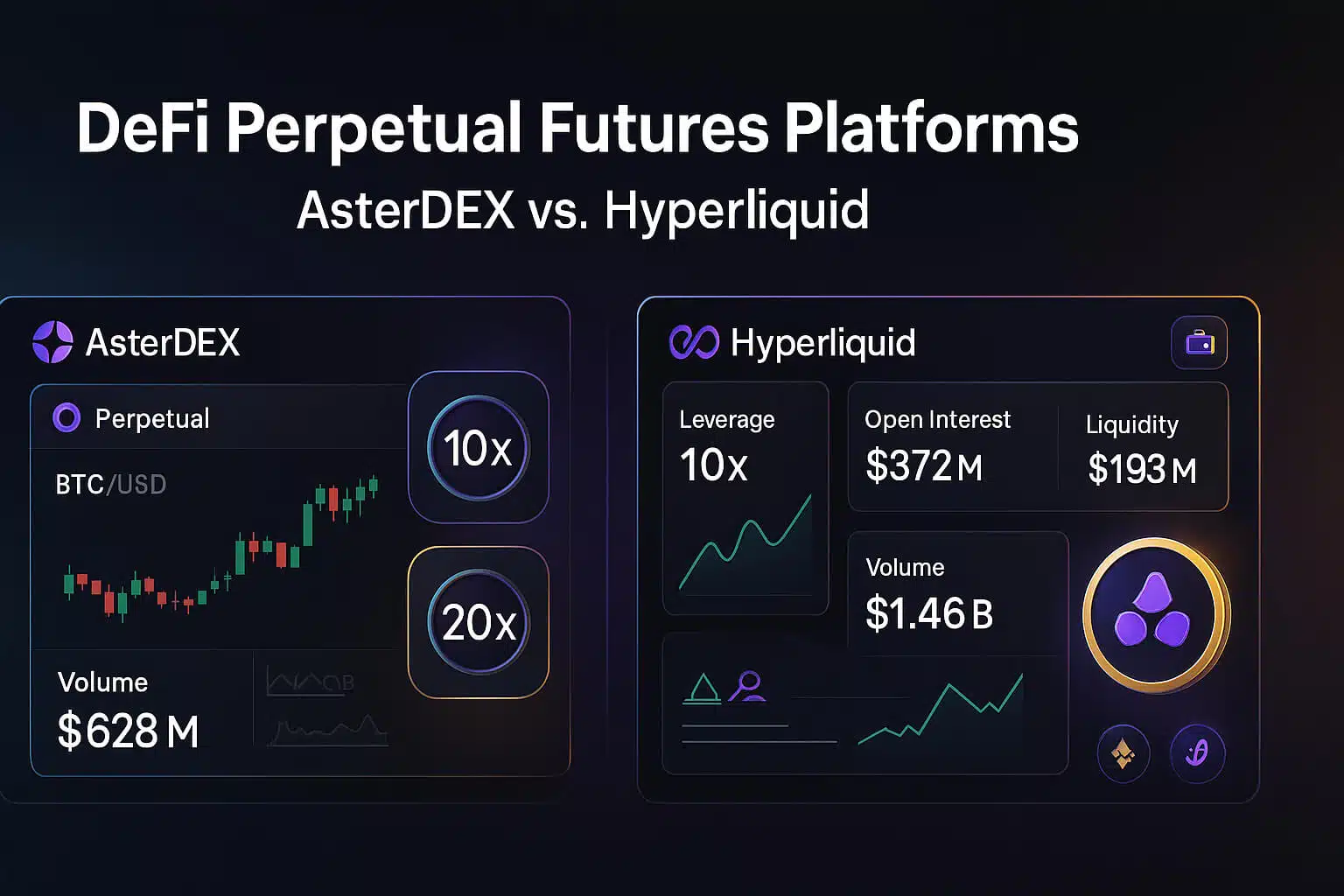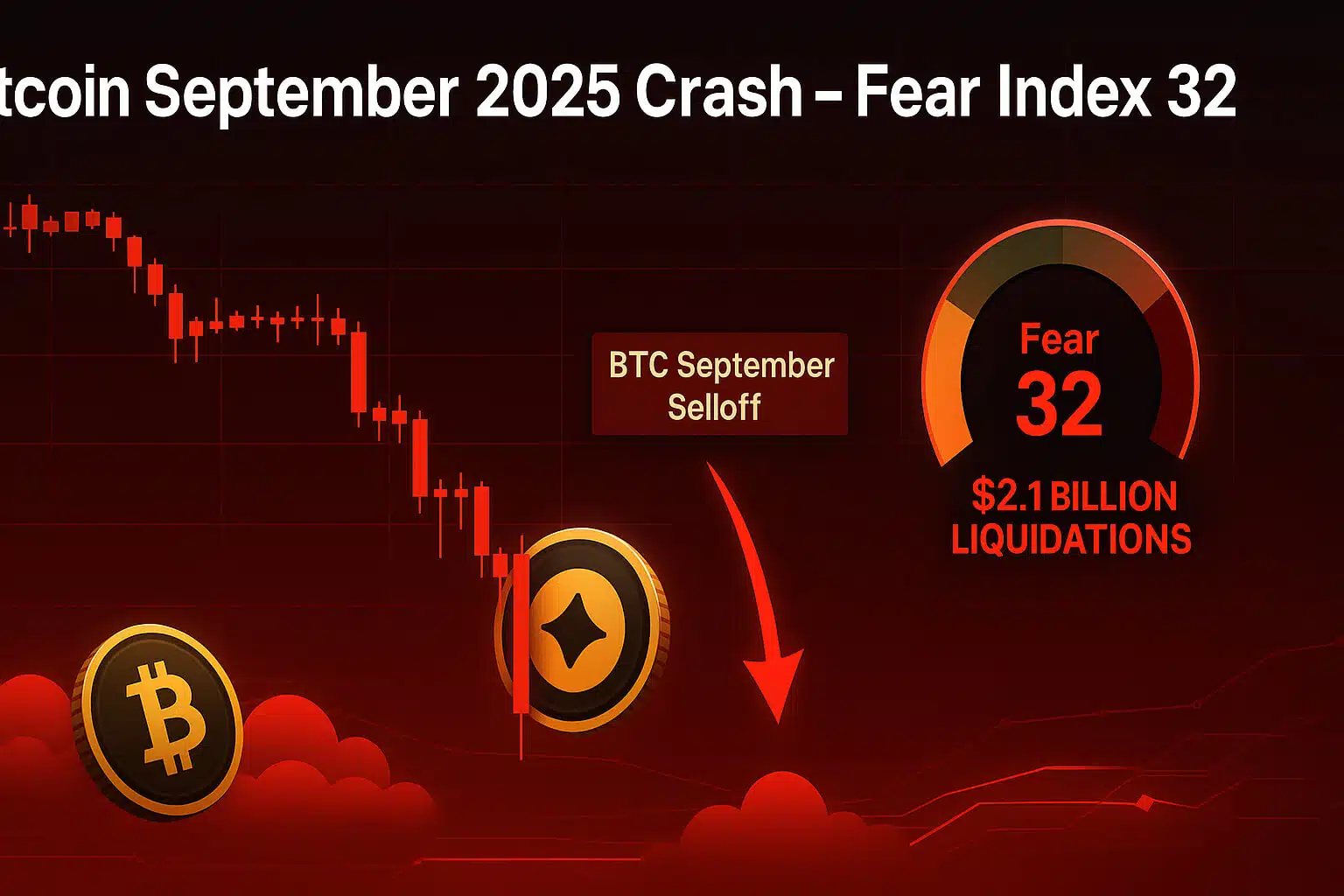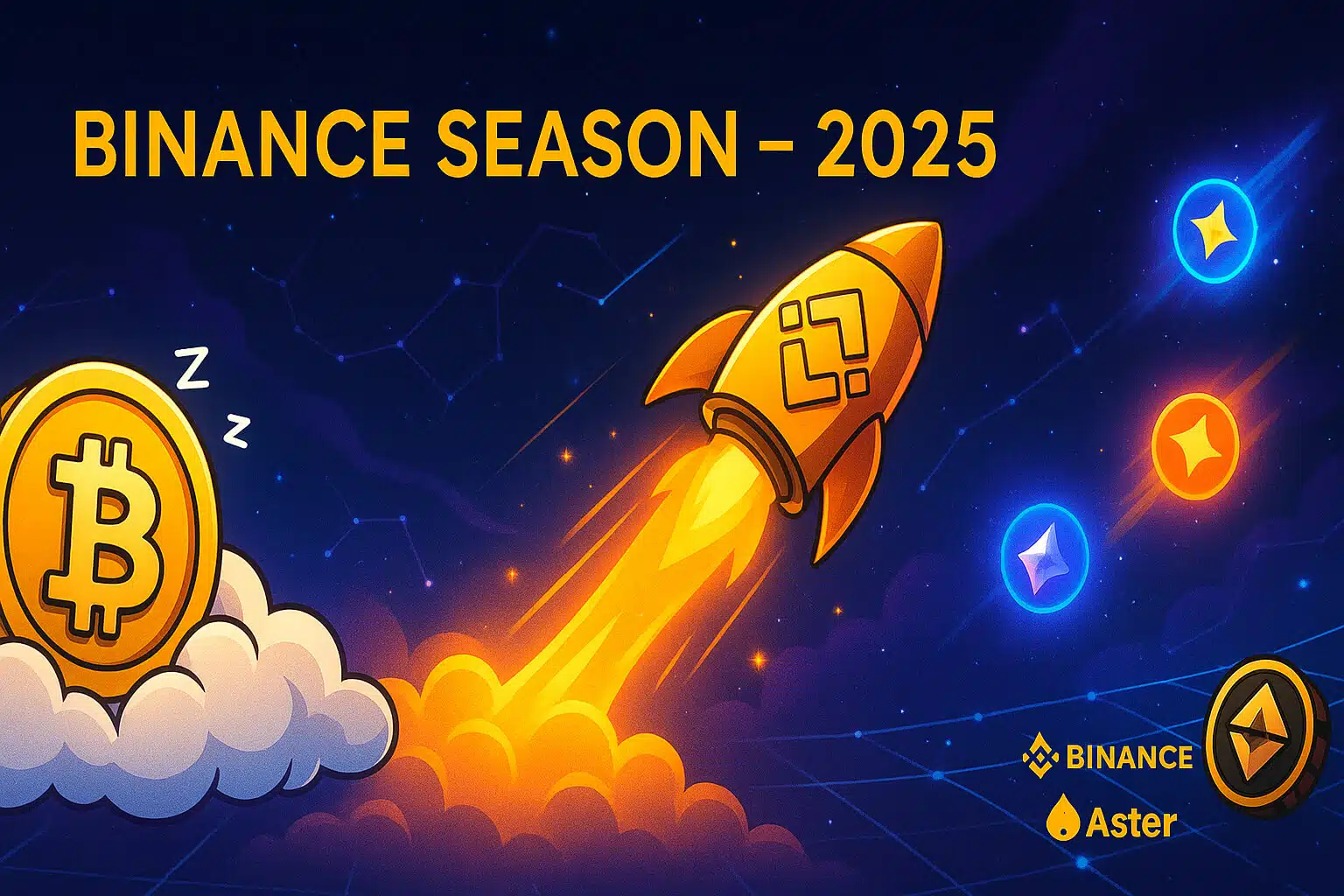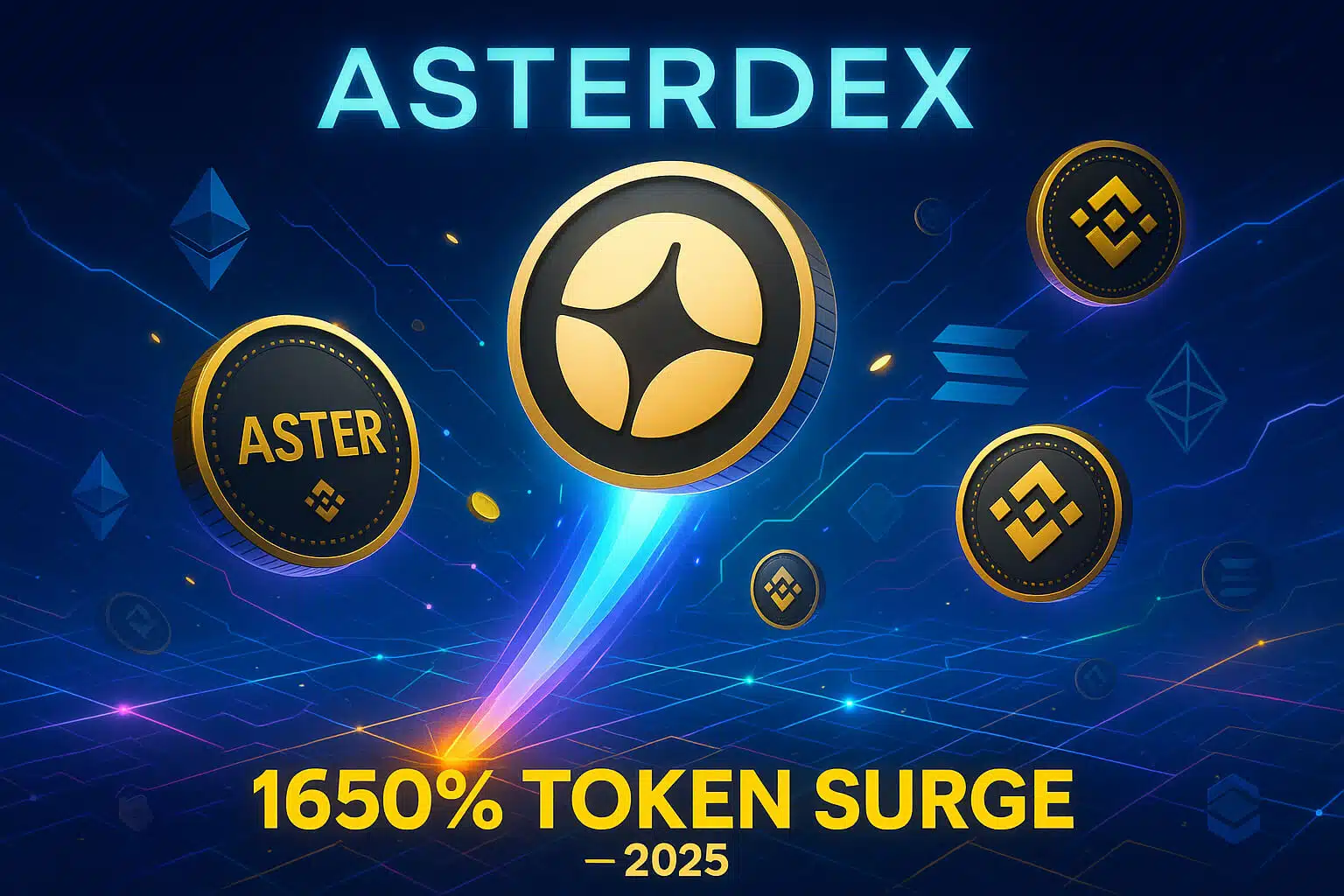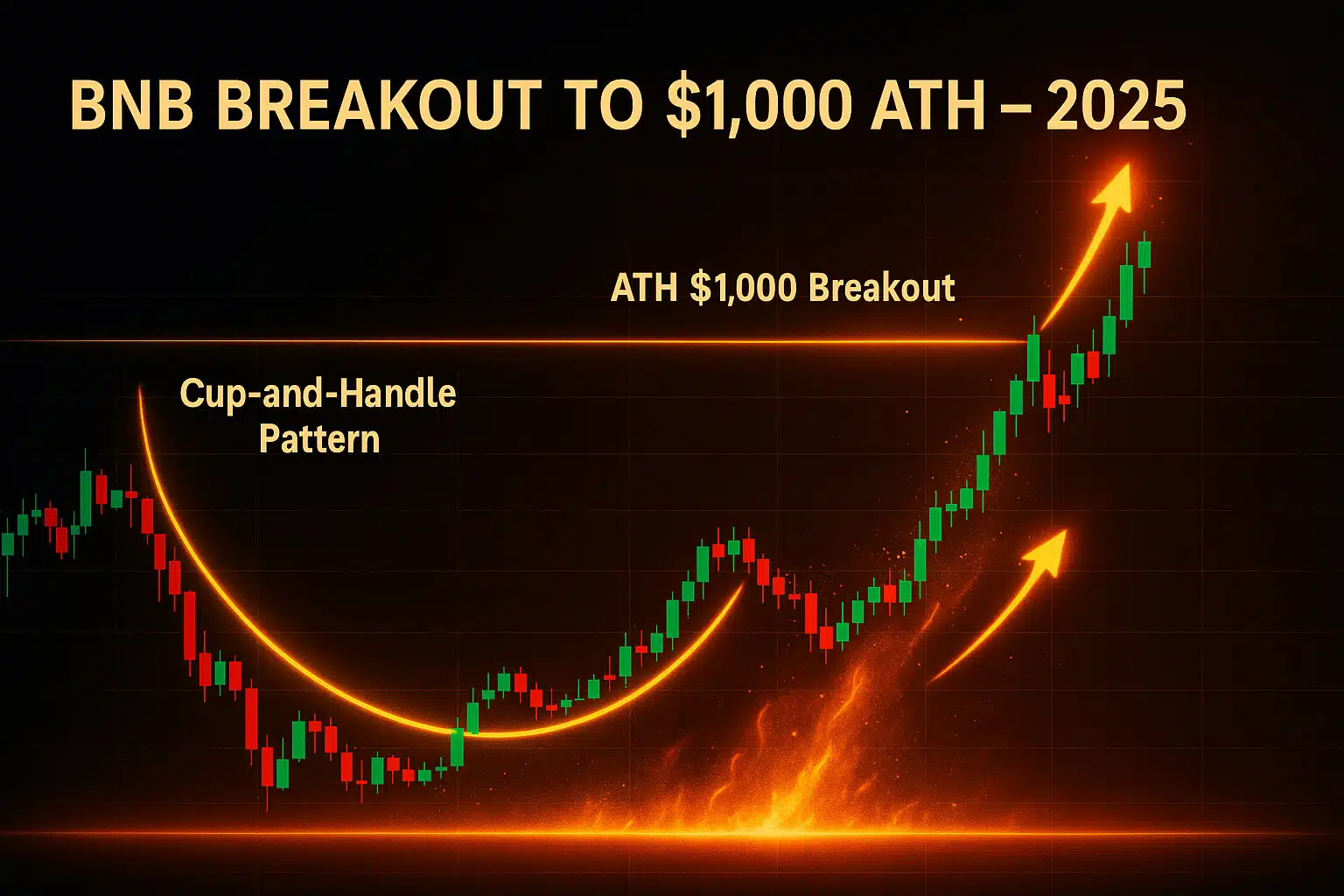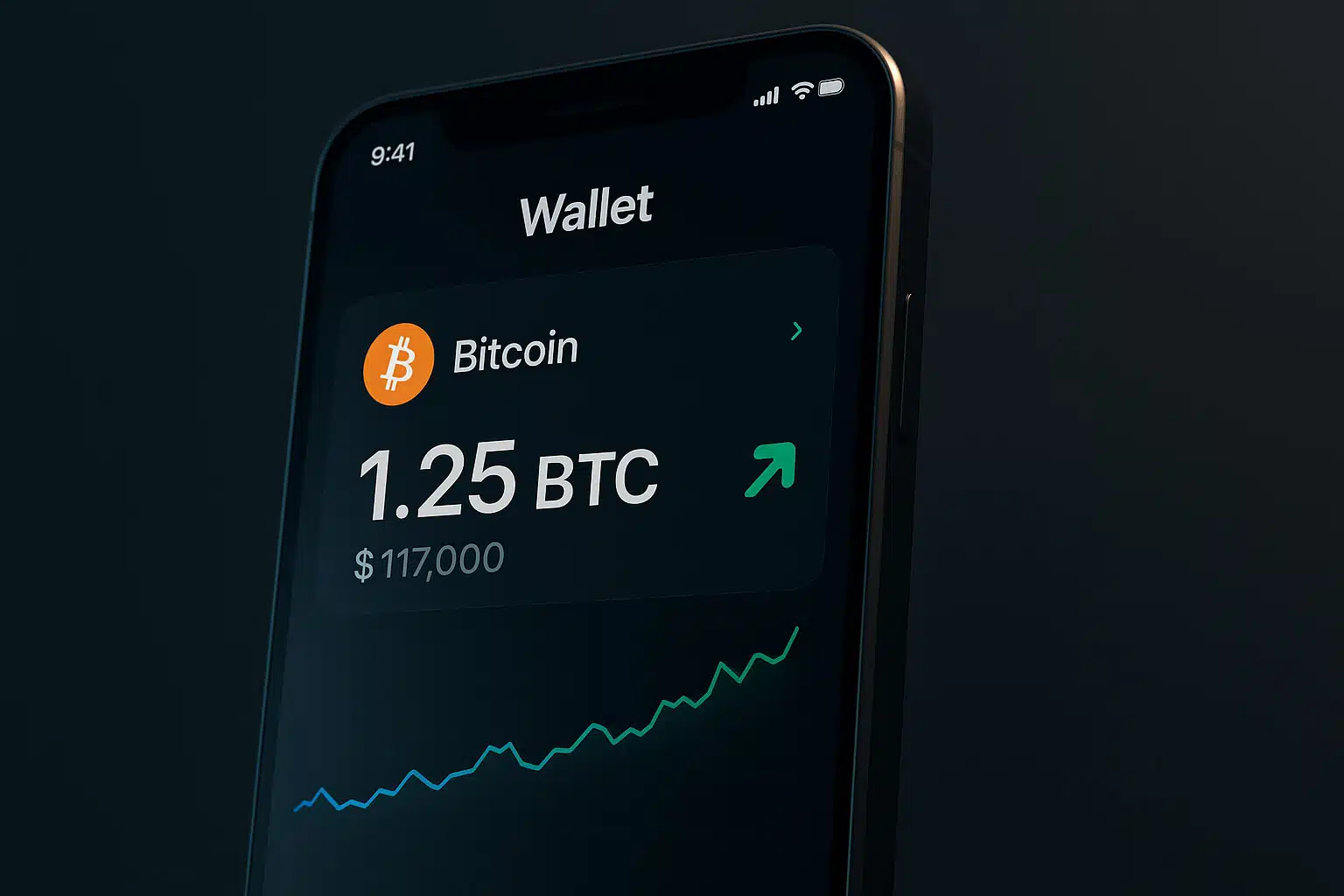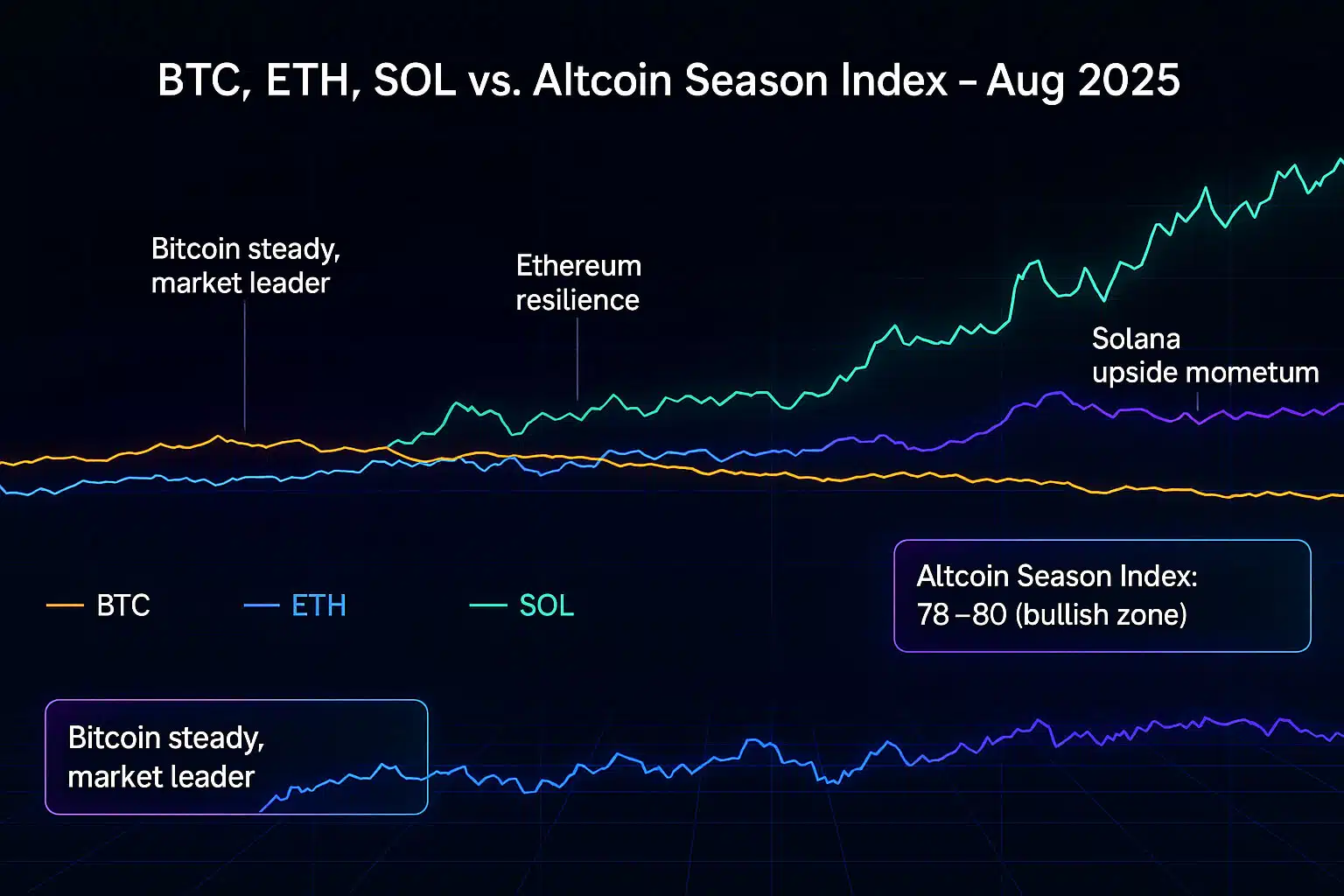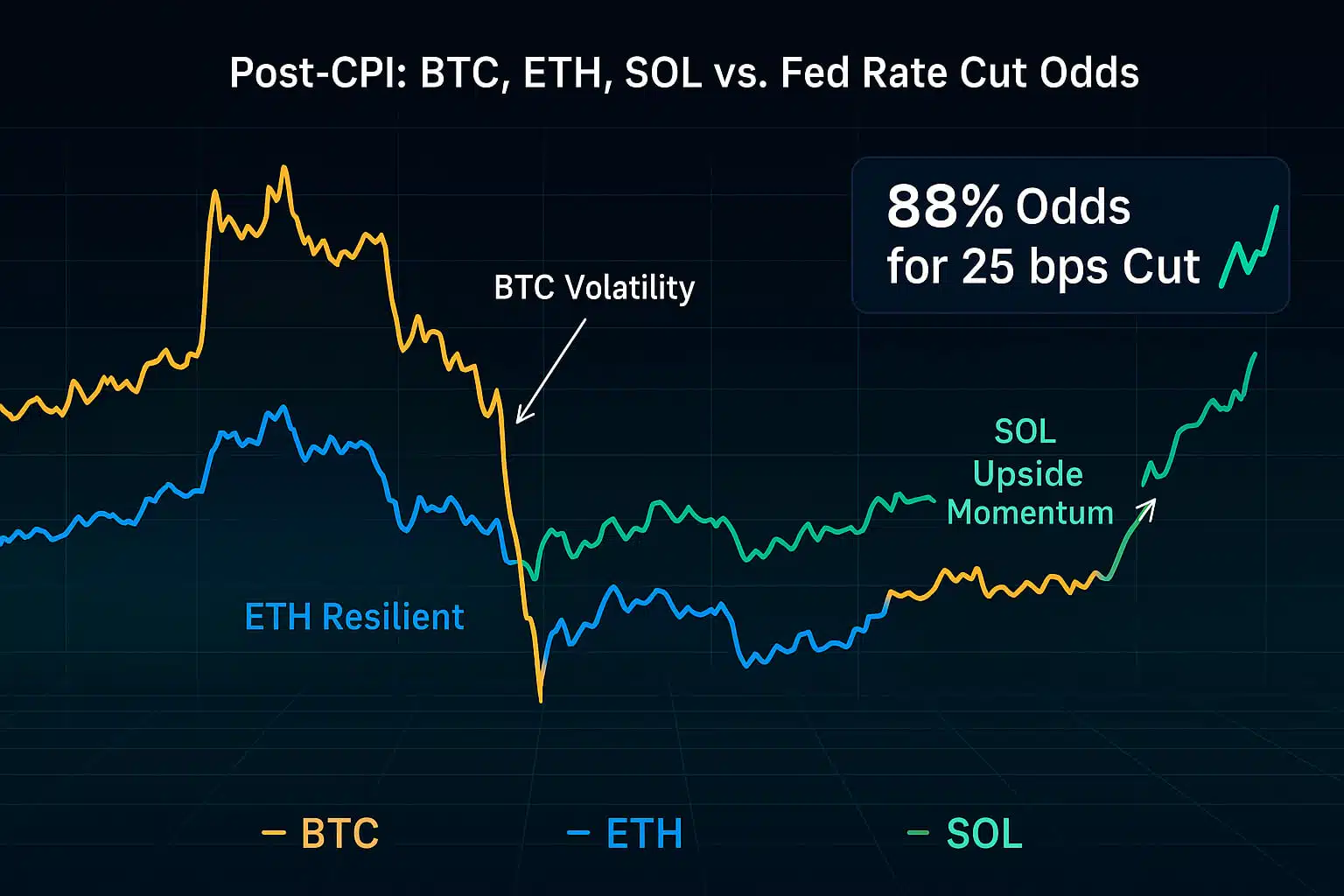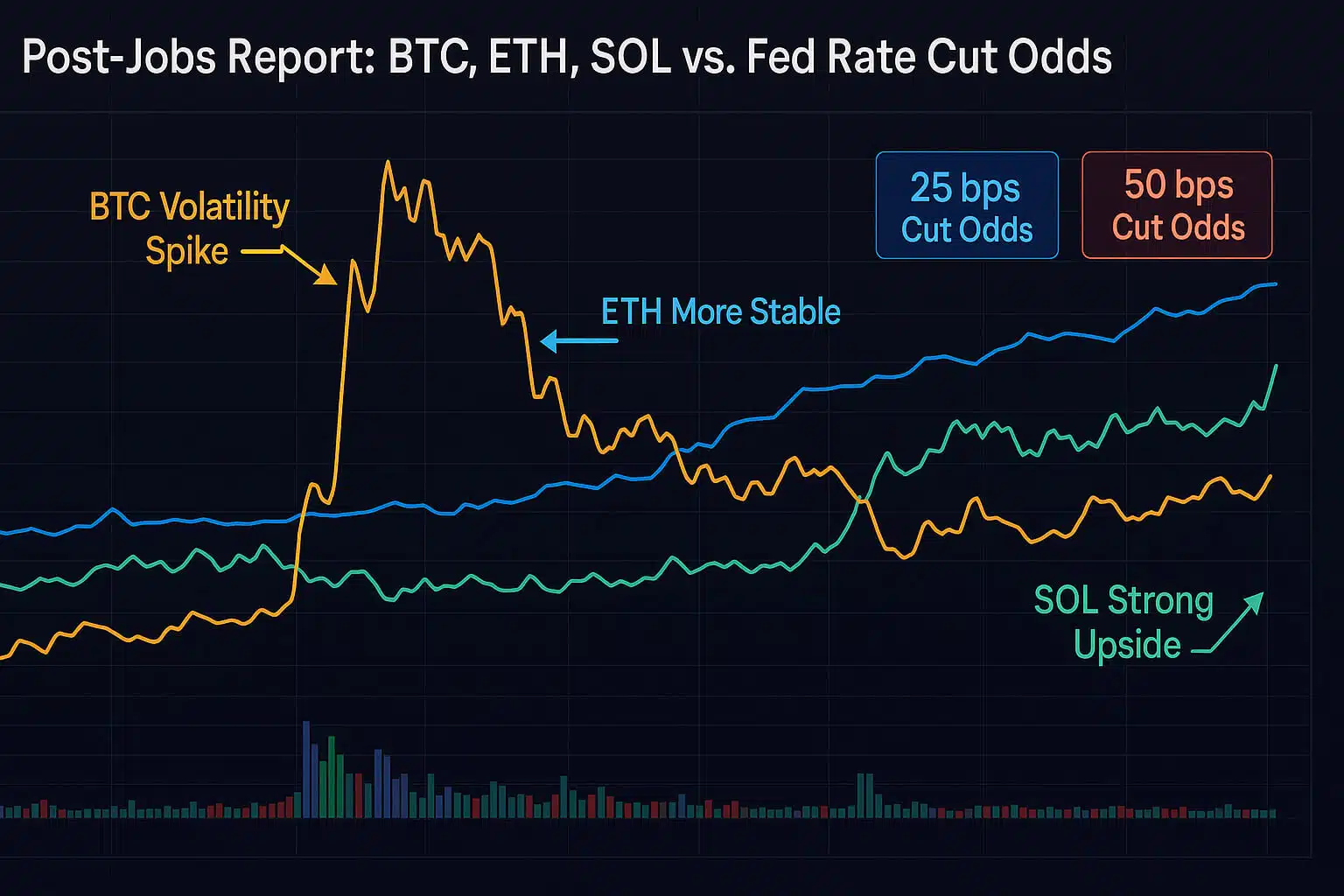With the return of Donald Trump to the White House, the cryptocurrency industry is bracing for a pro-crypto revolution. Trump’s administration is poised to introduce crypto-friendly policies and potentially create a US crypto reserve. However, the focus on altcoins like Solana (SOL) and Ripple (XRP) has sparked heated debates within the crypto community.
Could this be the start of a super sender altcoin season? Let’s explore the administration’s plans and their implications for the altcoin market.
Trump’s Pro-Crypto Agenda: A New Era for Altcoins?
1. SEC Policy Overhaul
One of Trump’s top priorities is to transform the Securities and Exchange Commission (SEC) into a crypto-friendly regulatory body. This involves:
- Clarifying regulations for tokens
- Revisiting enforcement actions against crypto companies
- Pausing ongoing lawsuits, including those targeting Ripple (XRP)
This regulatory shift is expected to boost confidence in the altcoin market, especially for US-founded projects like Solana and Ripple.
2. XRP and Solana: Strategic Reserve Candidates
The Trump administration is reportedly considering the creation of a US-based crypto reserve, prioritizing altcoins like XRP and SOL over Bitcoin.
- Why XRP? Ripple’s ties to cross-border payments make it a natural fit for government-backed reserves.
- Why Solana? Its high scalability and fast transaction speeds align with the administration’s goals of fostering innovation in decentralized finance (DeFi).
As @Specs_News noted:
“Trump considers US-based crypto reserve with XRP and SOL. An XRP reserve before Bitcoin? Say it ain’t so!”
The Rise of a “Super Sender Altcoin”
The buzz about a super sender altcoin has gained traction following Trump’s pro-crypto declarations. This hypothetical altcoin would:
- Leverage innovative technology for high-speed transactions
- Dominate cross-border payments, competing with traditional systems like SWIFT
- Act as the core asset for a US strategic crypto reserve
While no specific project has been identified, many speculate that XRP or Solana could fill this role due to their technological advantages and government backing.
Legislative and Strategic Moves Supporting Altcoins
1. Key Appointments
The appointment of Tom Emmer as Vice Chair of the House Subcommittee on Digital Assets highlights the administration’s focus on promoting blockchain innovation. Known for his crypto advocacy, Emmer is expected to champion legislation that supports altcoin development.
2. Executive Orders and Crypto Council
Trump’s team is reportedly drafting multiple executive orders to support the crypto industry, including:
- Repealing restrictive crypto accounting rules
- Establishing a Crypto Presidential Advisory Council to shape policy
These moves signal a clear commitment to fostering growth in the altcoin market.
Why Altcoins Are Gaining Favor Over Bitcoin
1. Decentralization Debate
While Bitcoin remains the most decentralized cryptocurrency, its lack of ties to any country may work against it in the eyes of a nationalistic administration. Altcoins like Solana and XRP, with their US connections, align more closely with an “America First” strategy.
2. Utility and Scalability
Solana and XRP offer unique advantages:
- Solana: Known for its high throughput, making it ideal for DeFi and NFT applications.
- XRP: Excels in cross-border payments, a key area of interest for government-backed reserves.
3. Competitive Edge for the US
By focusing on altcoins, the administration aims to:
- Strengthen US dominance in the crypto industry
- Promote blockchain-based innovation
- Reduce reliance on Bitcoin, which some view as less suited for national reserves
What Are the Risks?
While the focus on altcoins brings opportunities, it also comes with challenges:
1. Community Backlash
The idea of sidelining Bitcoin in favor of altcoins has sparked criticism. Many argue that Bitcoin’s decentralization and security make it a better candidate for reserves.
2. Regulatory Uncertainty
Despite Trump’s pro-crypto stance, the implementation of policies may face opposition from traditional financial institutions and regulators.
3. Market Volatility
The altcoin market is notoriously volatile. Any missteps in policy could destabilize prices and erode investor confidence.
What Does This Mean for Altcoin Investors?
Trump’s bullish stance on altcoins could open up significant opportunities for investors:
- Increased adoption: Pro-crypto policies may drive institutional interest in altcoins.
- New projects: The potential creation of a “super sender altcoin” could reshape the market.
- Regulatory clarity: A more defined framework could reduce risks and attract new capital.
However, investors should remain cautious and monitor policy developments closely, as the impact of these initiatives will depend on their execution.
Conclusion
The incoming Trump administration’s bullish stance on altcoins like Solana and XRP signals a new chapter for the cryptocurrency industry. By prioritizing pro-crypto regulations and exploring a US strategic crypto reserve, Trump is positioning the United States as a global leader in blockchain innovation.
As discussions about a super sender altcoin gain momentum, the market is on the verge of a transformative shift. Whether this vision materializes or sparks further debates, one thing is certain: altcoins are in the spotlight like never before.
Special Offer
Ride the wave of altcoin growth. Sign up on Bybit today and claim up to $30,000 in deposit bonuses to explore trading opportunities in the altcoin market.
For More Insights
Stay ahead of crypto trends by visiting our Cryptocurrency Comparisons Guides for in-depth analyses and updates.


